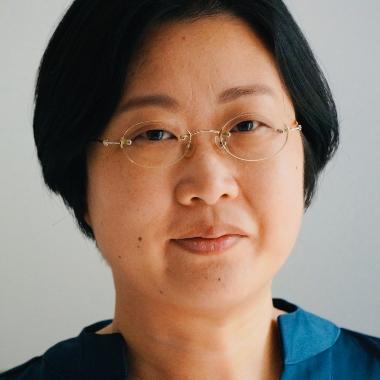Mi Young’s research interests include
• intersectional inequalities, disadvantage, and diversity
• students’ sense of belonging, engagement, success and retention in higher education
• educational inequalities, social mobility, and social class
• cultural and social capital
• social network analysis, administrative data, and data linkage methods
She is the author of the academic article, ‘Four domains of students' sense of belonging to university’ (DOI: 10.1080/03075079.2018.1564902), published in Studies in Higher Education in 2020, where a new survey instrument, the 10 Words Question, was invented, now widely used at various universities across the UK, USA, and Canada, including Imperial College London’s Sense of Belonging Toolkit.
Prior to joining Goldsmiths, she worked on several research projects including 'The Research Schools Programme in Opportunity Areas', commissioned by the Education Endowment Foundation (EEF) at University College London (UCL) in 2019-20, 'the Centre for Transforming Access and Student Outcomes (TASO) in Higher Education project' at the University of Kent in 2020-2022, and the Religious Studies project at Liverpool Hope University in 2019, and was awarded the Society for Research into Higher Education (SRHE) Scoping Award in 2018. Her previous research involves statistical analysis of secondary data analysis, applying data linkage methods of administrative data, conducting large-scale online surveys and synthesising quantitative and qualitative research.
She is the Academic Lead of the Advanced Methods for the Social and Economic Research Thematic Pathway for South East Network for Social Sciences (SeNSS), the ESRC-funded Doctoral Training Partnership in the UK, and a reviewer of several academic journals in higher education, education, social policy, and sociology, educational conferences, and textbooks.
